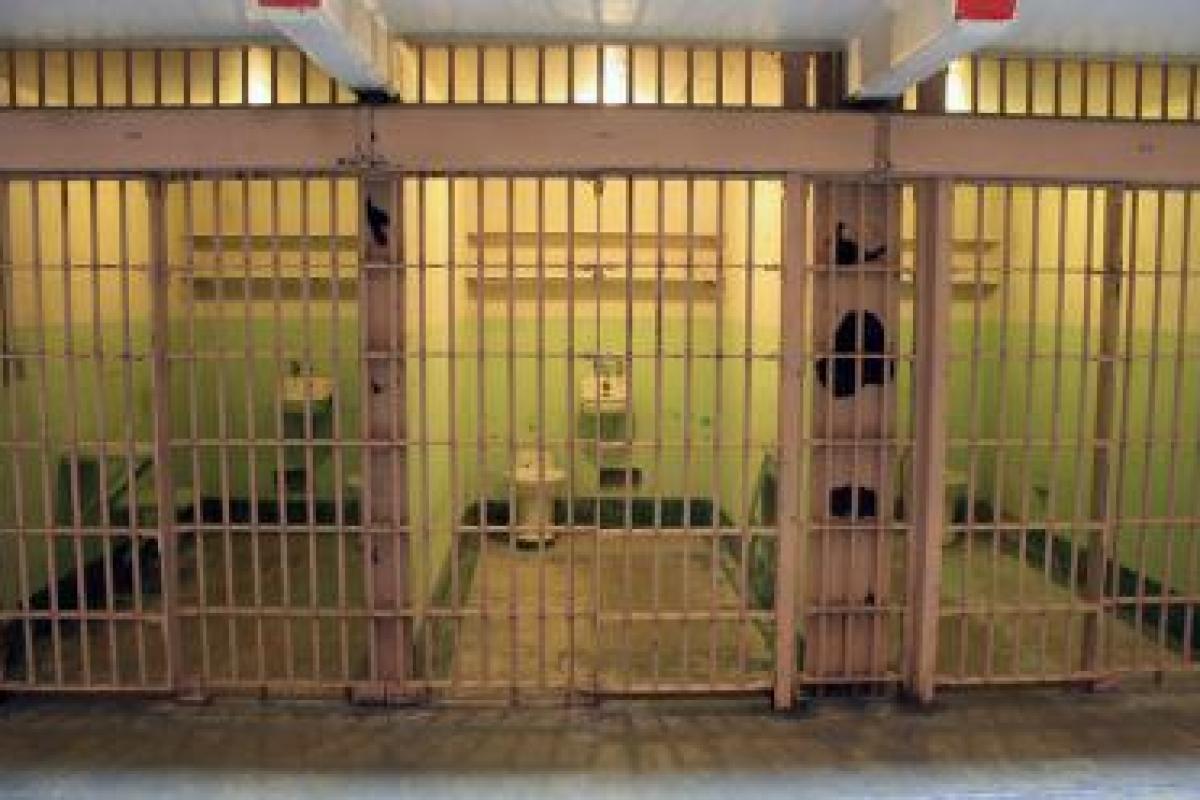New prisoners come in, but the old ones keep coming back.
And all their time inside is spent with other criminals.
That’s their environment, that’s their only world.
But how do you change that?
How do you rehabilitate them, when there’s no incentive for them to change?
How do you show them there is world outside that isn’t just about crime?
A world with more possibilities.
How do you get them to want to learn about that?
You need to find a way to incentivise them.
To make them want to learn.
In Brazil that’s just what they are doing.
They have a programme called Redemption Through Reading.
When a prisoner reads a book, they get four days off their sentence.
Simple as that.
The books are from an approved list: literary, philosophical, and scientific.
They get a month to read it and write an essay showing they understood it.
The essay needs to "use legible joined-up writing, and be free of corrections".
They can do this with up to twelve books a year.
Which means, in just one year they can get up to seven weeks off their sentence.
They can get as much as a year off a seven-year sentence.
Up to two years off a fourteen-year sentence.
So there’s a practical reason to read books, to get out of prison earlier.
And while prisoners are doing that, they learn that another way of living exists.
They learn the habit of reading books to acquire knowledge.
They learn there are other possibilities in the outside world.
Sao Paolo lawyer, Andre Kehdi, runs a book donation project for prisons.
He said "This way a person can leave prison more enlightened and with an enlarged view of the world.
Without doubt they will leave a better person".
But does it work?
Guardian columnist Erwin James thinks it does.
He was a convicted murderer, serving life in an English prison.
Reading books transformed him as a person, and he was released after serving twenty years of a life sentence.
In The Guardian, he writes: "The books I read in prison didn’t get me a reduction in time, but they helped me become the person I always should have been".
The books which initially had most impact on him were, of course, about prison:
Prisoners of Honour (The Dreyfuss ‘Devil’s Island’ prison).
Crime and Punishment by Dostoyevsky.
One Day In the Life Of Ivan Denisovith by Solzhenitsyn.
Borstal Boy by Brendan Behan.
These were books which helped him see his own situation in a new light.
Books which helped him understand it and, more importantly, to turn it around.
These books lead him into the wider world of literature.
Erwin James has now written two best-selling books of his own, and does work for charities as well as writing a column for The Guardian.
All because he started reading books in prison.
The purpose of a prison shouldn’t just be locking people away, that’s inefficient.
It should be about changing behaviour.
That’s what reading can do.
This article originally appeared in Campaign here. Dave is the chairman of The Gate and author of Predatory Thinking.
Read a review of his book in our Library and more blogs from him in our Clubhouse.
Read a review of his book in our Library and more blogs from him in our Clubhouse.
(Feature image courtesy of Miss Millions.)
